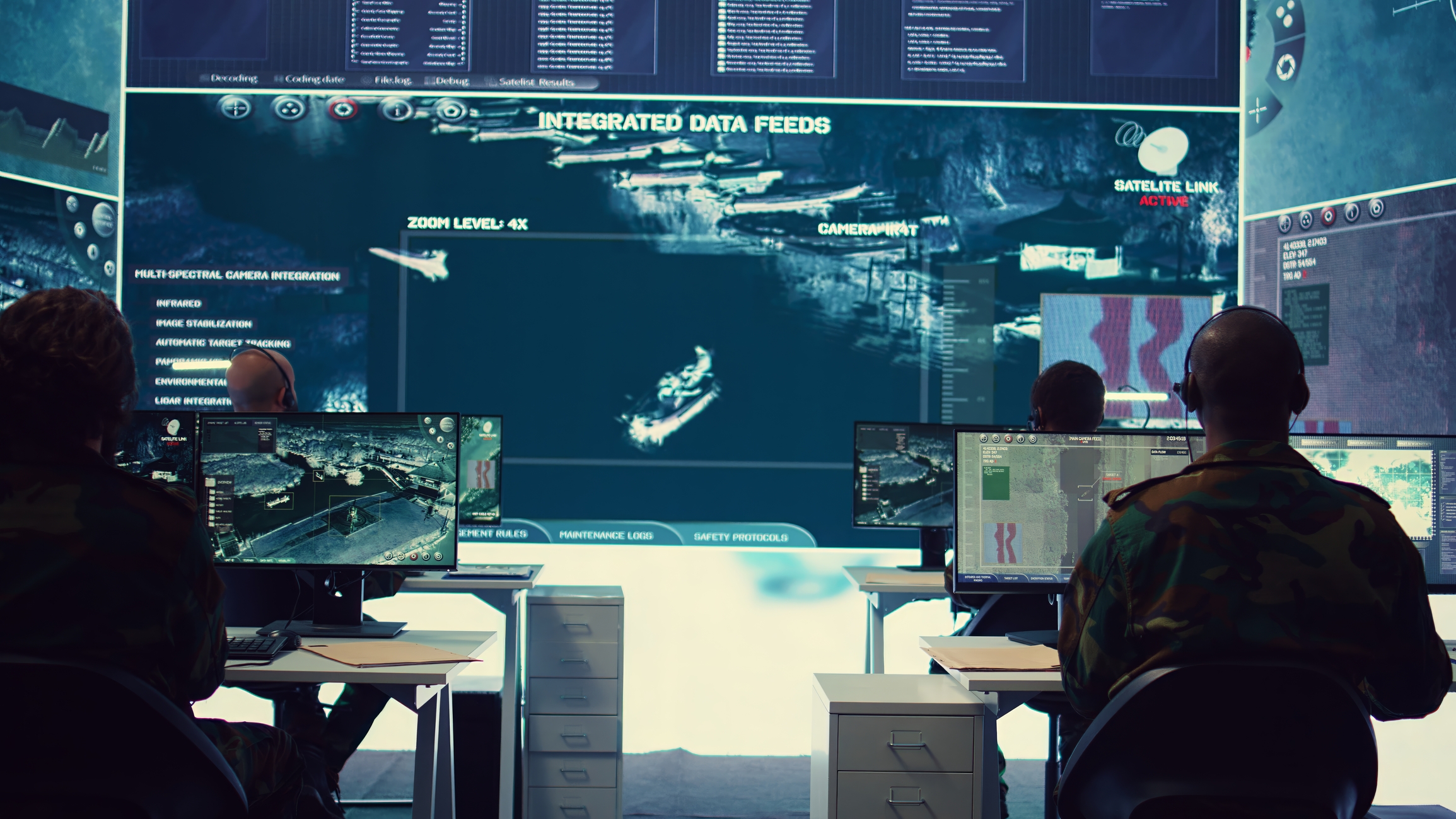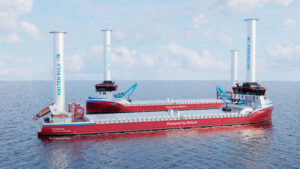Increasing incidents of interference with aviation, maritime and other satellite telecommunications services mean states need to urgently enhance their protection of a critical radio-frequency band, the International Telecommunication Union (ITU), the International Civil Aviation Organization (ICAO), and International Maritime Organization (IMO) said with “grave concern” in a joint statement.
These cases of harmful interference are in the form of jamming and spoofing that disrupt Global Navigation Satellite Systems (GNSS) operating in the frequency bands allocated to the Radio Navigation Satellite Service (RNSS).
Ships and ports rely on GNSS for a wide array of applications relating to position, velocity and precise universal and local time which are used mainly for navigation purposes and, most importantly, on systems that are part of the Global Maritime Distress and Safety System (GMDSS).
IMO secretary-general Arsenio Dominguez said: “The safety of seafarers and shipping relies on the resilience of systems to support safe navigation and communication. Interference with Global Navigation Satellite Systems poses a serious risk to shipping activities, which could cause collisions and grounding. I urge all Member States to act to protect these critical systems.”
GNSS interference has become a growing challenge in the Baltic Sea, affecting maritime navigation, aviation, and critical infrastructure.
GPSPATRON reported that together with Gdynia Maritime University have established a scientific and technical collaboration aimed at systematically studying GNSS interference at ground level.
The study, conducted from June to November 2024, found that a total of 84 hours of GNSS interference was detected, confirming persistent disruptions in the region, primarily caused by jamming rather than spoofing.
October recorded the highest interference activity, with six major jamming incidents totalling 29 hours, highlighting an intensified interference pattern.
The joint statement, signed by the secretaries-general of the three UN specialized agencies, identifies five key actions required from member states: protection of RNSS from harmful interference affecting civilian and humanitarian operations, strengthening resilience of RNSS-dependent navigation, positioning, and timing systems, maintaining conventional navigation infrastructure for contingency support, enhancing collaboration between regulatory, aviation, maritime, defense, and enforcement authorities and implementing comprehensive interference reporting mechanisms.
ICAO secretary-general Juan Carlos Salazar noted: “Radio Navigation Satellite Service interference can impact aircraft operations far beyond the immediate affected area, creating potential safety risks across multiple flight regions.”
“Global Navigation Satellite Systems are critical to our safety on land, at sea and in the air,” added ITU secretary-general Doreen Bogdan-Martin. “Member States should ensure the uninterrupted operation of these systems for everyone’s safety and the resilience of essential services that our lives depend on.”



